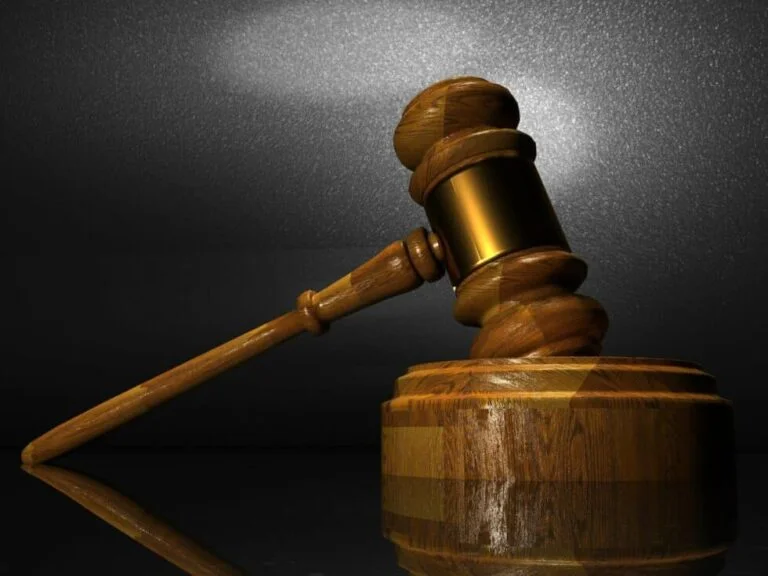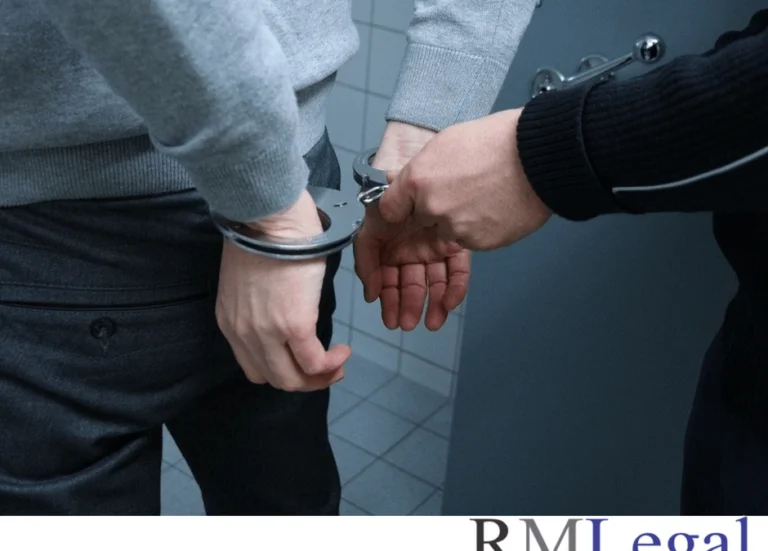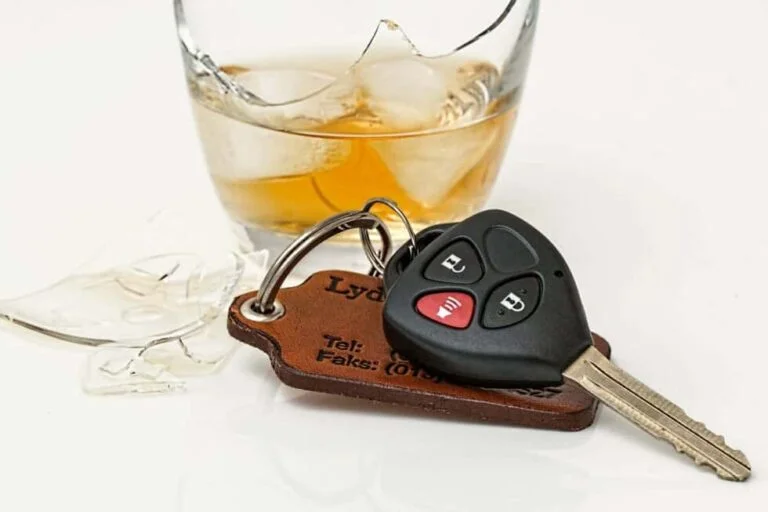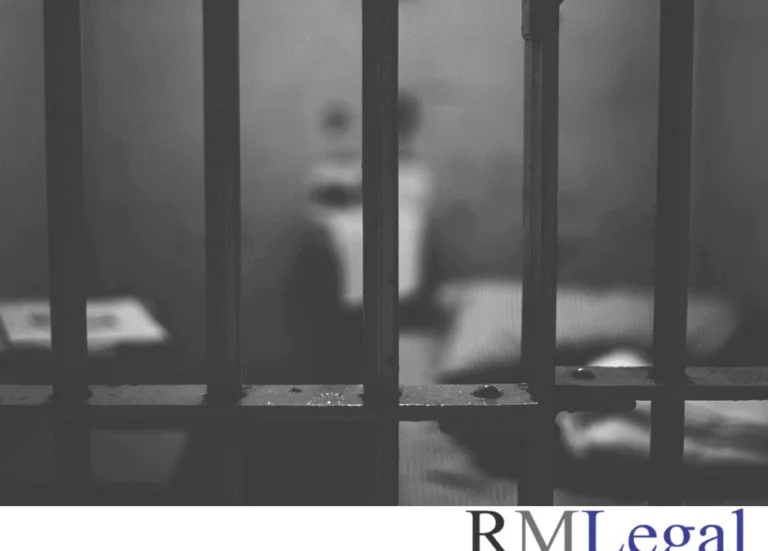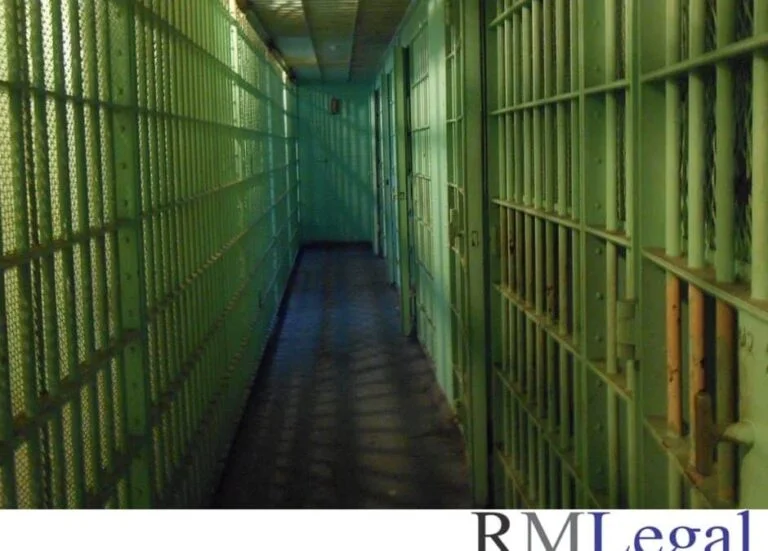Eye Witness Identification
Eye Witness Identification Eyewitness testimony is an essential piece of evidence in a criminal case. In some instances, such evidence can weigh so much in convicting or acquitting the accused person. Therefore, eyewitness evidence must be challenged to ensure its credibility. In efforts to ensure that eyewitness testimonies are credible, the defendant must challenge eyewitness accounts effectively. Thus, it is vital to seek the representation of an experienced and qualified criminal lawyer skilled to test and present evidence ensuring the defendant’s rights and the integrity of the case by challenging eyewitness testimony. What Is Eye-Witness Testimony? Eye Witness Testimony is a piece of testimonial evidence given by a witness based on their firsthand account of the crime. This testimony must be solely based on what they had personally observed and relevant and valuable to the investigation or proceeding. Under this rule, witnesses in a criminal case offer firsthand account testimony and identification based on their memory of the event. Who Can Give Eye-Witness Testimony In A Criminal Case? Generally, an eyewitness has a firsthand account of observing an event and can give their firsthand description of what they saw. The Louisiana Code Criminal Procedure Article 744 defines a “witness” as “a person whose testimony is relevant and material and desired in any proceeding or investigation by a grand jury or in a criminal action, prosecution, or proceeding.” Thus, an eyewitness who can testify in a criminal case has personally observed an event that is relevant to the case. This could mean someone who saw or heard the crime as it is happened or has first hand knowledge of some fact which is relevant to the case. Are Defendants Allowed To Challenge Eye-Witness Testimony For The State? Absolutely! Every criminal case affords defendants rights to present a case under the fundamental protection of due process of law, which includes challenging the eyewitness account by presenting evidence supporting their innocence or discredit the eye witness credibility or the eye witness testimony. The need for contesting eyewitness testimony is especially true if the State’s case is primarily based on circumstantial evidence. As ruled by the Supreme Court of Louisiana in the State of Louisiana v. Michael Young, “assuming every fact to be proved that the evidence tends to prove, to convict, [the circumstantial evidence] must exclude every reasonable hypothesis of innocence” when the State’s case is based on circumstantial evidence. This ruling imposed that the State is required to negate any reasonable probability of misidentification, including the defendant presenting proof that refutes the eyewitness account. Given that eyewitness accounts tend to have substantial weight in a criminal case, especially in cases that rely on circumstantial evidence, it is detrimental to the justice system if such testimony is not credible. Thus, eyewitness accounts must be tested and disputed by the defense to deem them reliable. What Are Possible Defenses To Eye-Witness Testimony In Criminal Cases? Although eyewitness accounts are given weight in a criminal case, they are not necessarily 100% credible and reliable at all times. Thus, the defendant has the following defense strategies to challenge an eye witness testimony: Witness Bias The defense can challenge the witness for bias, whether it pertains personally to the defendant or the quality of the defendant. Such quality may include gender, race, looks, or other factors contributing to a possible reason for the witness to discriminate against the defendant or any other ulterior motive. Vision Challenge Eyewitness account could exclusively rely on what the witness has seen. However, barriers to perception could affect what the eyewitness saw or think they saw. Such obstacles may include lighting, obstructions to the vision, minimal time of witnessing the event to form a proper identification, distance from the event, or even the witness’ vision issues. These factors could significantly affect the quality of eyewitness testimony. Hearing Challenge Similar to the visual challenge, an eyewitness account may rely heavily on what they heard. Thus, the witness’ hearing should be challenged to expose any possibility that there are discrepancies in what they heard and testifying. Lapse In Memory Typically, there is a significant period between the crime and the actual trial when the testimony is given. This time-lapse may affect the eyewitness’ memory of what they had witnessed and what they are testifying. Another issue that may affect the memory of a witness is outside influences. Such external influences may be other people discussing the case to the witness or around the witness, whether it be their personal opinion or account of the events and news coverage. Moreover, the emotion of the witness could also affect the accuracy of their account of the events, especially if they were under heightened emotional State or stress during the crime. In addition, possible memory issues or head trauma should be explored as these could detrimentally affect a witness’s testimony. Even if the witness repeats their account to the grand jury hearing, their previous version may not necessarily be entirely correct or credible. Identification To prevent wrongful identifications that may lead to wrongful convictions, Governor John Bel Edwards signed House Bill 38 on May 23, 2018. This law requires Louisiana police agencies to implement eyewitness procedures based on best practices to curb wrongful convictions. Some of these best practices include blind administration of photo lineups, proper instructions to eyewitnesses, the adequate composition of lineups such that all lineup members match the description of the perpetrator provided by the eyewitness, video or audio recordings of identification processes, or obtaining statements of confidence from the eyewitness at the time of the identification. Nonetheless, eyewitness identification can still be unreliable and has the potential for intentional and unintentional errors. As noted above, numerous factors can affect the reliability of eyewitness identification. Thus, eyewitness testimonies should be challenged by the defense for credibility. Expert Witness Testimony On Eye Witness Identification On June 5, 2019, Governor John Bel Edwards signed House Bill 226, which allowed Louisiana to permit expert testimony on eyewitness identification in efforts to prevent wrongful convictions based on

